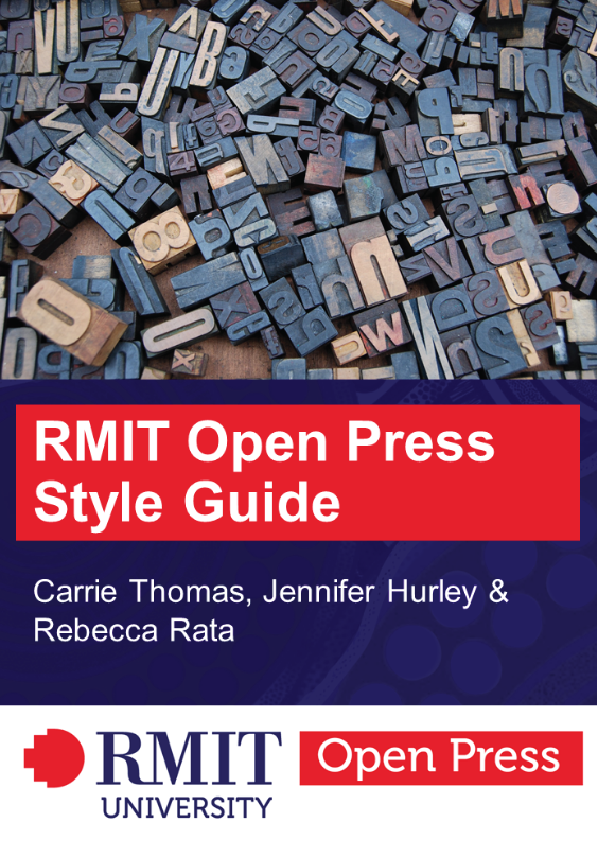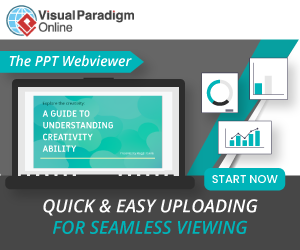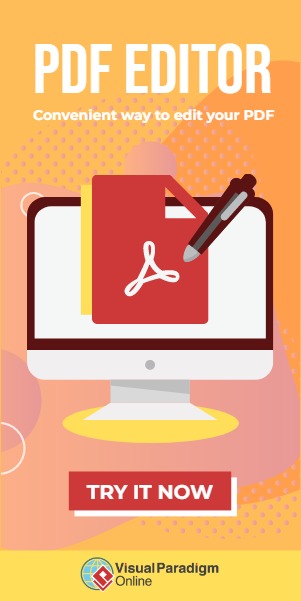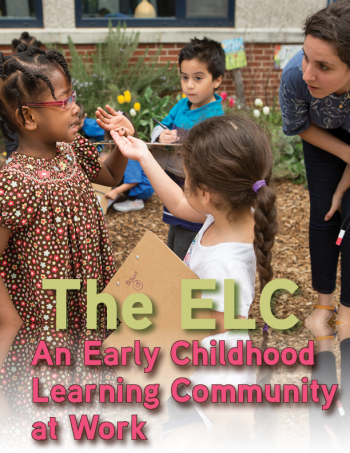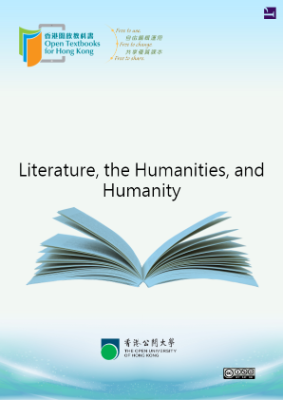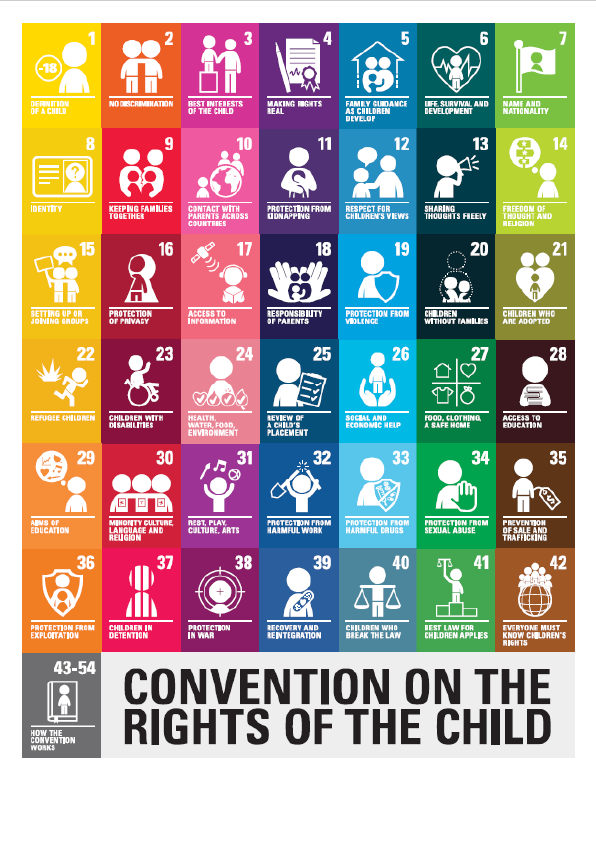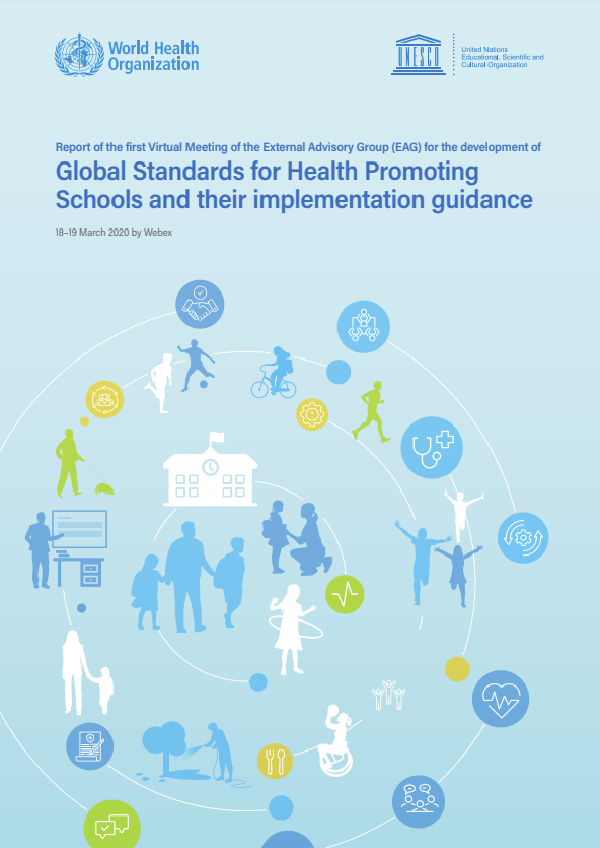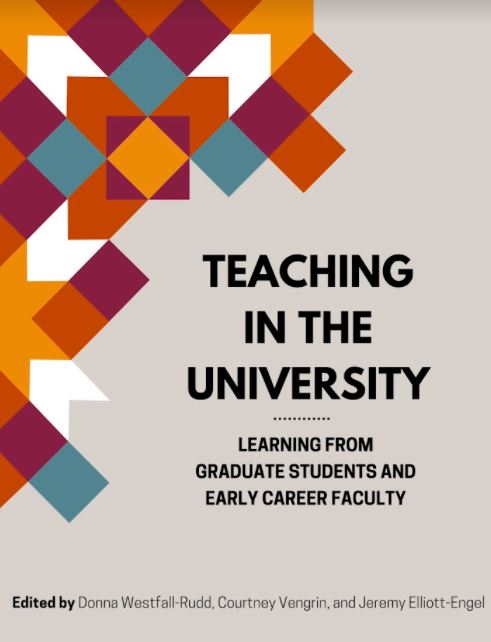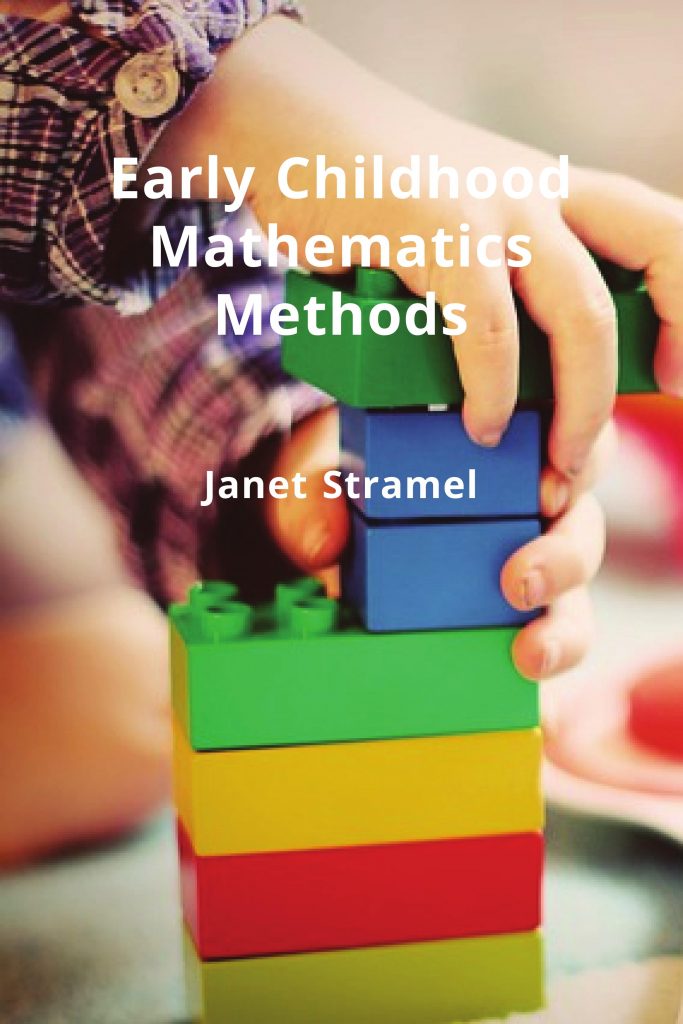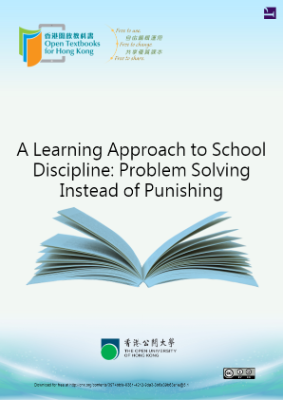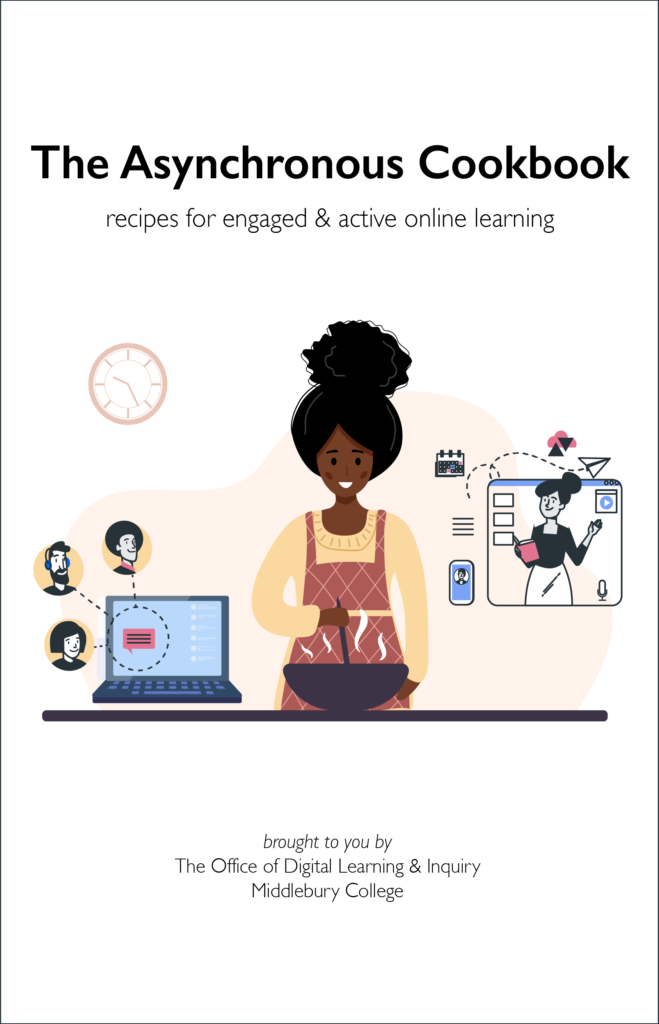In Aboriginal and Torres Strait Islander culture, it is respectful to formally womin djeka (welcome) people to Aboriginal and Torres Strait Islander country or land. At RMIT we do this with the following acknowledgement:
At RMIT, we recognise and respect the unique culture and contribution that Aboriginal and Torres Strait Islander people bring to our communities. We are also proud to provide study, cultural, and personal support to our Aboriginal and Torres Strait Islander students in their learning journey. We womin djeka you to further explore and experience more about Australian Indigenous culture by visiting our Ngarara Willim Centres (Indigenous education centres) and interacting with our Aboriginal and Torres Strait Islander staff and students.
Accessibility statement
RMIT University supports the creation of free, open, and accessible educational resources. We are actively committed to increasing the accessibility and usability of the textbooks and support resources we produce.
Accessibility improvements
While we strive to ensure that this resource is as accessible and usable as possible, we might not always get it right. We are always looking for ways to make our resources more accessible. If you have problems accessing this resource, please email us to let us know so we can fix the issue: open.library@rmit.edu.au.
Disclaimer
RMIT University Library staff have compiled this guide in good faith, exercising all due care and attention.
No representation is made about the accuracy, completeness or suitability of the information in this publication for any particular purpose. The publisher assumes no responsibility for any damage or injury to persons or property arising out of the use of any materials, instructions, methods or ideas contained in the guide. Readers should seek appropriate advice when applying the information to their specific needs.
Attributions
This guide includes material adapted from third-party works under Creative Commons licences. In the case of multiple downstream adaptations, links to original works are included within the attribution statement where possible.
As you are writing and editing, you will make a number of style decisions, such as:
- style manual(s) to base your work on, and any variations
- specialist dictionaries or vocabulary
- spelling variations
- referencing style, and any variations
- inclusive language conventions
- formatting choices (font, colours)
Abbreviations
Spell out in full any acronyms or initialisms the first time they are used in a chapter.
If the abbreviation is something that is commonly used in the discipline you are writing about, you may choose to use the Pressbooks glossary tool to do this. Pressbooks then creates an embedded definition within the published text, as well as providing a complete glossary at the end of the resource.
If the abbreviation is not a term specifically associated with the discipline, such as an organisation name, then simply spelling it out may be more appropriate the first time it is used in a chapter, with the abbreviation in brackets. Subsequent mentions in the chapter can just be the abbreviation.
There are some circumstances where an abbreviation is so commonly understood that it is not necessary to define it for your intended audience, for example NASA, LASER.
